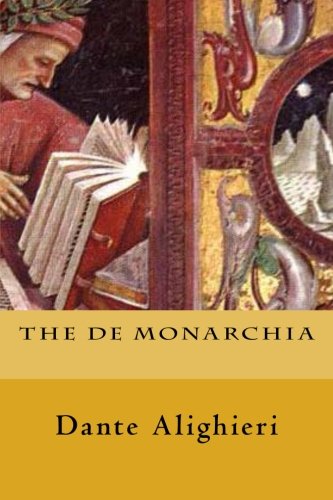
The De Monarchia PDF
Preview The De Monarchia
He who was “the spokesman of the Middle Ages,” who saw and told of his fellow-men and their destiny, uttered a message not for one century of time only, nor of one significance. In each of Dante’s larger works, the Vita Nuova, the Convito, the De Monarchia, and the Divine Comedy, this message is pronounced in one or all of its three phases, the religious, the philosophical, and the political. Because no author ever wrote with such singleness of purpose, nor through such diverse mediums carried to completion a solemn intent, the series of his productions are bound together as inevitably as the links of a chain, lending to one another meaning and value. And because these productions are so similar in purpose, if various in manner of expression, we may call them a unified message, and may apply to them all the words of explanation the poet sent to Can Grande when he presented to him “the sublime Canticle of the Comedy which is graced with the title of Paradiso.” “The aim of the whole and the part,” he wrote, “is to remove those living in this life from a state of misery, and to guide them to a state of happiness.”
**
